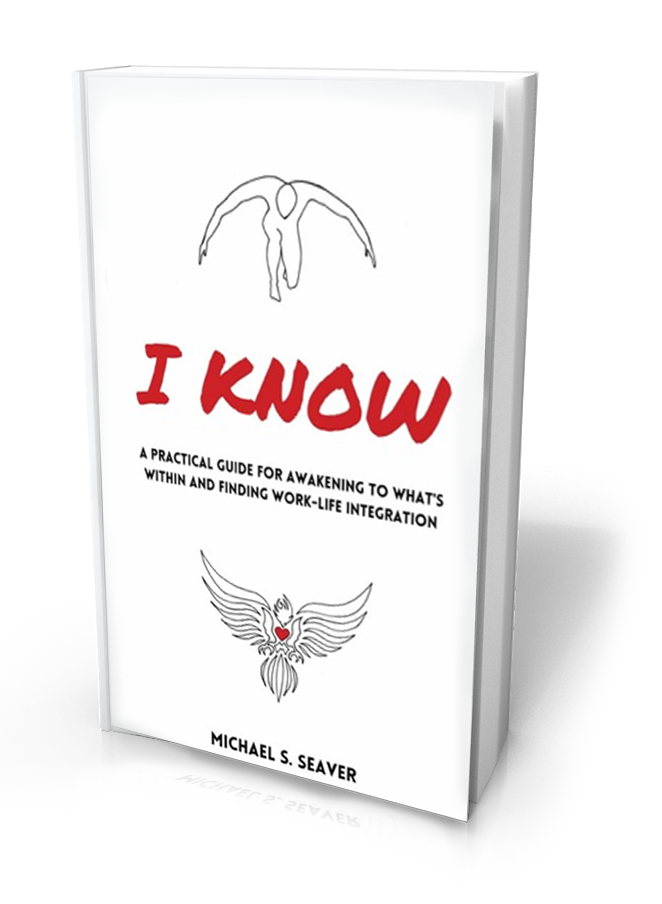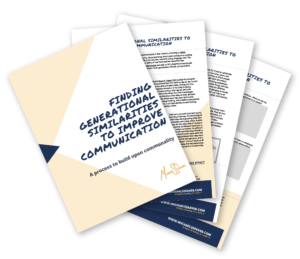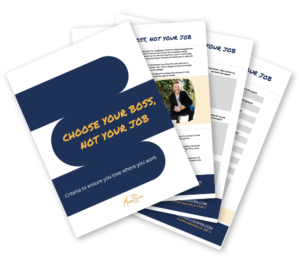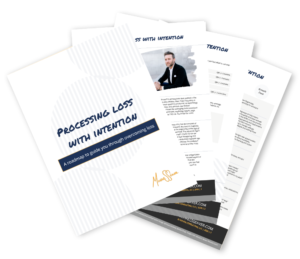Globalization, changes in technology, and short-term, shareholder focused mindset has made work-life balance nearly obsolete. As much as you say you want to use your PTO, I know you end up working most of your day off and then telling your administrative assistant not to charge you for the PTO. How do I know? I did it multiple times when working in a corporate capacity. Now that my vehicle for producing wealth is more entrepreneurial, it is even worse. You’ll have to double check with my friends and family, but I can’t remember the last time I had an entire day off. In all honesty, I love what I do so it doesn’t feel anything like work.
Individuals still on the front lines, non-exempt employees for example’s sake, still have a shot at work-life balance because they’ll get sent home when the clock strikes 40 hours. However, technology keeps them engaged considerably longer. A friend of mine just traveled to Disneyland to spend some time with family. Although she hit her 40 hours earlier in the week, she was still sending emails while standing in line for the Matterhorn. It is a small world after all.
For those of you who have made it to director-level and above positions, exempt for example’s sake, probably won’t feel comfortable asking for a two-week vacation. Yes, the work will be there when you get back, but why would you want to return to 1,000+ emails and a to-do list covering the front and back of two pages. Now you’re staring down a black hole of two weeks of seeing your family only when it is dark outside…and they’re sleeping.
The new economy’s definition of “work-life” balance should consist of the following:
1. A clear understanding that 55 hours per week simply keeps you at the status quo.
2. The two-week paid vacation is now traveling with the family and working a portion of the time remotely.
3. You must care for your health to remain mentally engaged; remove processed foods from your diet, run or bike regularly, or devote a portion of your week to a hobby that helps you recharge.
4. A strong relationship with family and friends who accept your current professional situation, goals, and aspirations.
5. Being able to say “no” to a project or having the ability to delegate it to a direct report; one person’s productivity can fall quickly, negatively affecting the bottom line.
Instead of trying to find that exact point in your life where your personal and professional selves find equal happiness, determine your level of engagement in each task you take on. Finding balance is unrealistic, but determining happiness with each facet of your life is much more plausible. When you wake up, are you excited to go to work? When you are leaving work, are you excited to see your family? When you tuck your kids into bed, did you connect with them in a deep, meaningful way? Are you happy with what you see in the mirror or on your doctor’s clipboard? Whatever task you choose to take on next, make sure that it is meaningful and that you are excited to do it.
“Balance is not better time management, but better boundary management. Balance means making choices and enjoying those choices.” – Betsy Jacobson
“We have overstretched our personal boundaries and forgotten that true happiness comes from living an authentic life fueled with a sense of purpose and balance.” – Dr. Kathleen Hall







Connect with me